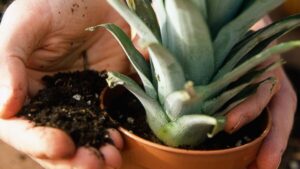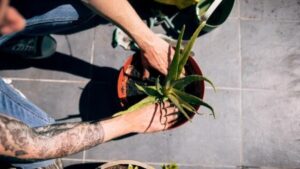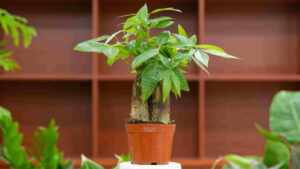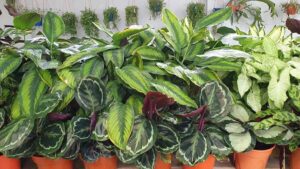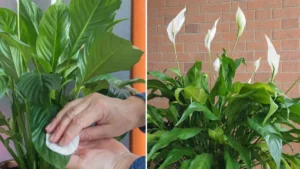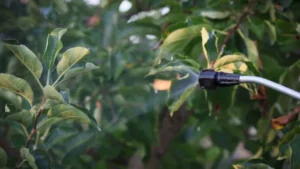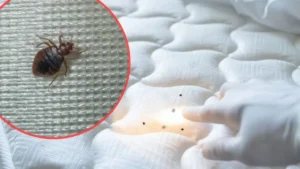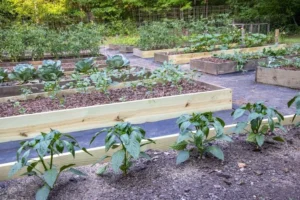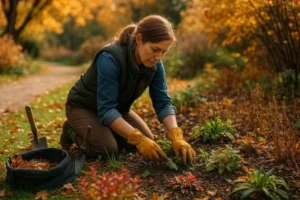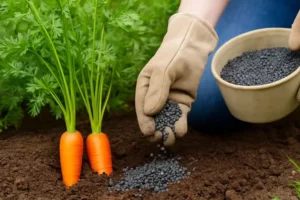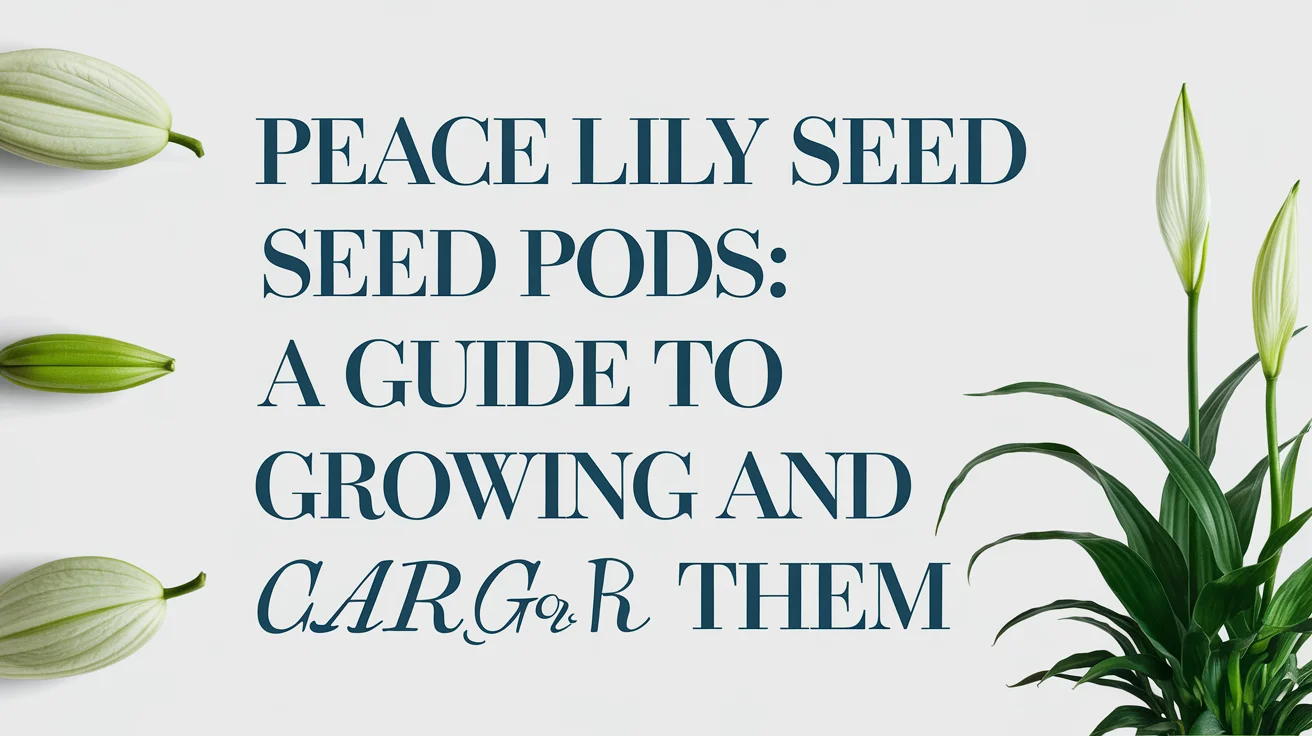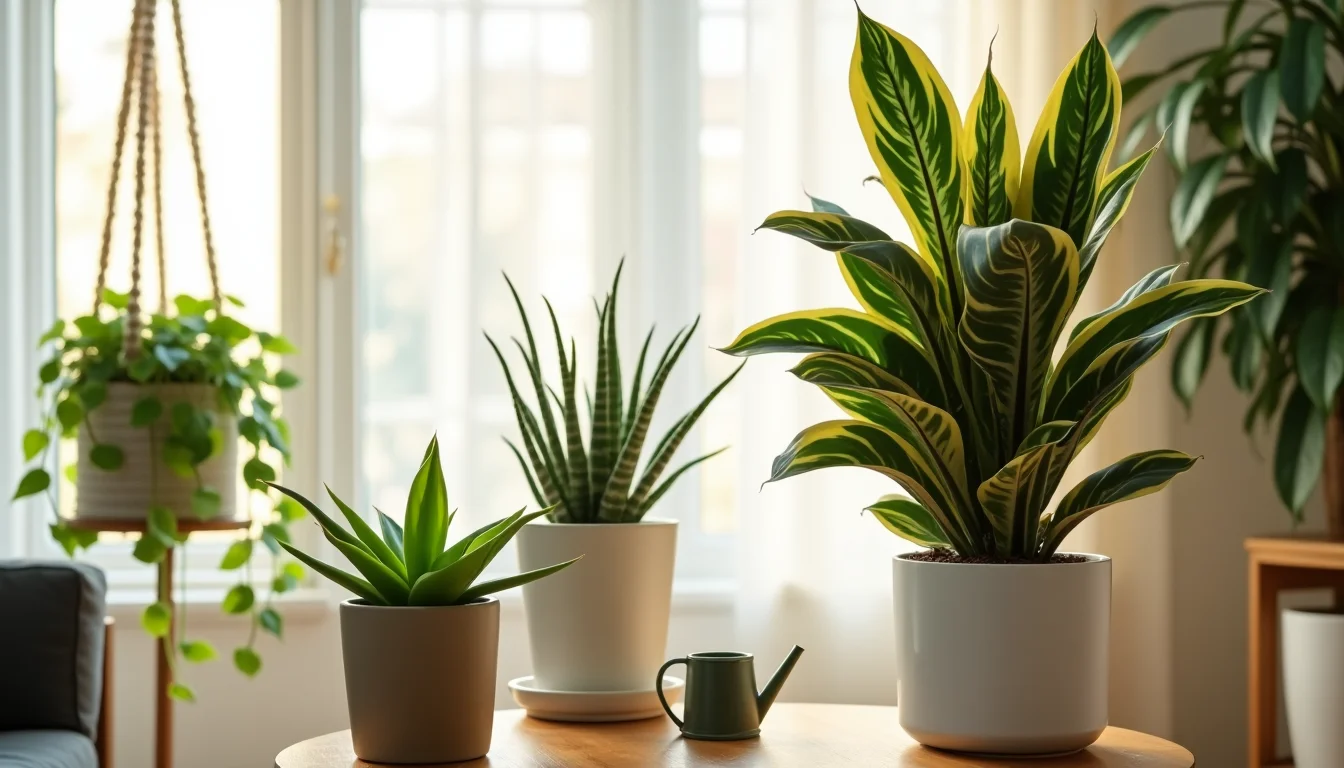Indoor plants scale insects are among the most stubborn pests that can attack your houseplants. These tiny, shell-like insects cling to stems and leaves, silently draining sap and weakening your plants over time. Without quick action, scale insects can spread quickly from one plant to another, leaving behind sticky residue and stunted growth.
In this guide, we’ll explain what scale insects are, how to identify them, the most effective treatment methods, and how to prevent future infestations. With proper care, your indoor plants can remain vibrant, pest-free, and full of life.
What Are Indoor Plants Scale Insects?
Scale insects are small, sap-sucking pests that attach themselves to the stems, leaves, and branches of plants. They have a protective shell that resembles a small bump or blister, making them difficult to notice at first glance.
There are two main types:
-
Soft scale insects, which excrete sticky honeydew that often attracts mold.
-
Armored scale insects, which have a hard shell and are more resistant to treatment.
Unlike many pests, adult scale insects do not move. They remain in one place, feeding and reproducing. This behavior allows them to go unnoticed until visible damage occurs.
Signs and Symptoms of a Scale Infestation

Detecting scale early is vital. These are the most common signs of indoor plants scale insects:
-
Tiny bumps or raised spots on stems and leaves that do not move when touched.
-
Sticky residue (honeydew) on leaves or nearby surfaces.
-
Black sooty mold, which often develops on the honeydew secreted by the insects.
-
Yellowing or dropping leaves, caused by sap loss and nutrient deficiency.
-
Stunted growth or weak stems, especially on young plants.
If you notice any combination of these signs, you’re likely dealing with scale insects and should act quickly.
Why Indoor Plants Are Vulnerable
Indoor environments often create ideal conditions for scale insects to thrive. Warm temperatures, consistent humidity, and limited airflow encourage rapid reproduction. Furthermore, indoor plants have no natural predators such as ladybugs or parasitic wasps that usually control these pests outdoors.
Additionally, crowded plant arrangements allow scale insects to spread from one plant to another easily. New plants brought into your home can also introduce infestations, especially if not inspected properly.
How to Treat Indoor Plants Scale Insects

Eliminating indoor plants scale insects requires patience and consistency. Because they hide under shells, multiple treatments may be needed to remove both adults and newly hatched crawlers.
1. Isolate the Affected Plant
Start by moving the infested plant away from others. This simple step prevents the insects from spreading to healthy plants.
2. Manual Removal
For small infestations, manually remove the insects:
-
Use a cotton swab dipped in rubbing alcohol to wipe them off.
-
Gently scrub stems and leaves with a soft brush or damp cloth.
-
Prune heavily infested branches and discard them safely.
3. Use Insecticidal Soap or Neem Oil
Insecticidal soaps and neem oil are natural, effective options for treating scale insects. Spray the entire plant, especially the undersides of leaves and stems, to ensure full coverage. Repeat the treatment every 7 to 10 days until all signs of scale disappear.
For more inspiration on maintaining a stylish and healthy home environment, explore our guide on Martha Stewart home décor ideas where elegant living meets smart plant care.
4. Maintain Clean Surroundings
After treatment, clean nearby surfaces, pots, and windowsills to remove any sticky residue or hidden eggs. Maintaining a clean environment discourages reinfestation.
5. Continue Monitoring
Even after the visible insects are gone, continue inspecting your plants weekly. Crawlers can hatch from eggs that survived initial treatments, so ongoing vigilance is key.
Natural Remedies for Scale Control
For plant lovers who prefer gentle methods, several natural remedies can help eliminate indoor plants scale insects without chemicals:
-
Neem Oil Spray: Acts as both a pesticide and fungicide, smothering insects and preventing reproduction.
-
Rubbing Alcohol Solution: Dilute with water and apply using a cotton ball to remove insects manually.
-
Soap and Water Mix: A mild soap solution can break down the insect’s protective coating.
-
Horticultural Oil: This suffocates insects and is safe for most indoor plants when used properly.
These solutions are safe for both plants and indoor environments when used in moderation.
How to Prevent Future Infestations

Prevention is always easier than cure. To protect your indoor plants:
-
Inspect new plants before bringing them inside. Look for bumps, sticky residue, or discolored leaves.
-
Quarantine new plants for one to two weeks before placing them with others.
-
Clean plant leaves regularly with a damp cloth to remove dust and discourage pests.
-
Avoid overcrowding to ensure good airflow between plants.
-
Water and fertilize properly, as stressed or overfed plants are more susceptible to pests.
-
Maintain balanced humidity too much moisture can attract insects.
By following these simple steps, you’ll greatly reduce the risk of a recurring scale problem.
Common Mistakes to Avoid

Even with good intentions, some actions can make the infestation worse. Avoid these mistakes:
-
Using harsh chemical sprays that can damage delicate indoor plants.
-
Skipping follow-up treatments, which allows surviving eggs to hatch.
-
Ignoring mild infestations, as scale insects reproduce rapidly.
-
Overwatering or overfeeding plants, which weakens their natural defenses.
Consistency and patience are the best weapons against indoor plants scale insects.
Frequently Asked Questions (FAQs)
Q1: Are scale insects harmful to humans or pets?
No. Scale insects feed on plant sap and do not bite or harm humans or animals. They are completely harmless to people and pets, though they can severely weaken indoor plants if not treated.
Q2: Can scale insects spread from one plant to another?
Yes, the mobile crawler stage can easily transfer between nearby plants. To prevent spreading, always keep infected plants isolated until they are fully treated and pest-free.
Q3: How long does it take to eliminate scale insects completely?
It usually takes several weeks of consistent treatment to eliminate indoor plants scale insects entirely. The duration depends on the level of infestation and how diligently the treatment is applied.
Q4: What’s the best natural remedy for scale insects?
Neem oil is one of the most effective natural remedies for scale insects. It not only kills the insects but also disrupts their growth and reproduction cycle, preventing future outbreaks.
Q5: Can I save a heavily infested plant?
Yes, you can save a heavily infested plant with patience and proper care. Aggressive pruning, thorough cleaning, and repeated treatments are often required. However, in extreme cases, it might be best to discard the plant to protect the rest of your collection.
Conclusion
Dealing with indoor plants scale insects can be challenging; however, it’s far from hopeless. With early detection, regular inspection, and consistent care, you can restore your plants to full health. Therefore, always remember to isolate affected plants, treat them carefully, and maintain cleanliness in your indoor garden.
Moreover, prevention through proper plant care is the best and most reliable defense. Additionally, checking your plants frequently ensures that pests are caught before they multiply. Consequently, you’ll protect your entire indoor collection from serious damage. For example, if you’re looking to expand your indoor greenery, explore this practical guide on growing aloe vera indoors it’s an excellent companion for anyone aiming to maintain a thriving, pest-free home garden.
Furthermore, keeping leaves clean and avoiding overcrowding helps your plants breathe and grow better. Likewise, using natural remedies such as neem oil not only removes pests but also strengthens your plants’ immunity. In addition, maintaining balanced humidity and avoiding over-fertilizing makes your environment less inviting for pests.
Ultimately, by staying alert, consistent, and proactive, your plants will remain healthy, strong, and beautifully green free from the grip of indoor plants scale insects. Thus, your indoor garden will continue to flourish year-round, radiating natural beauty and vitality.


